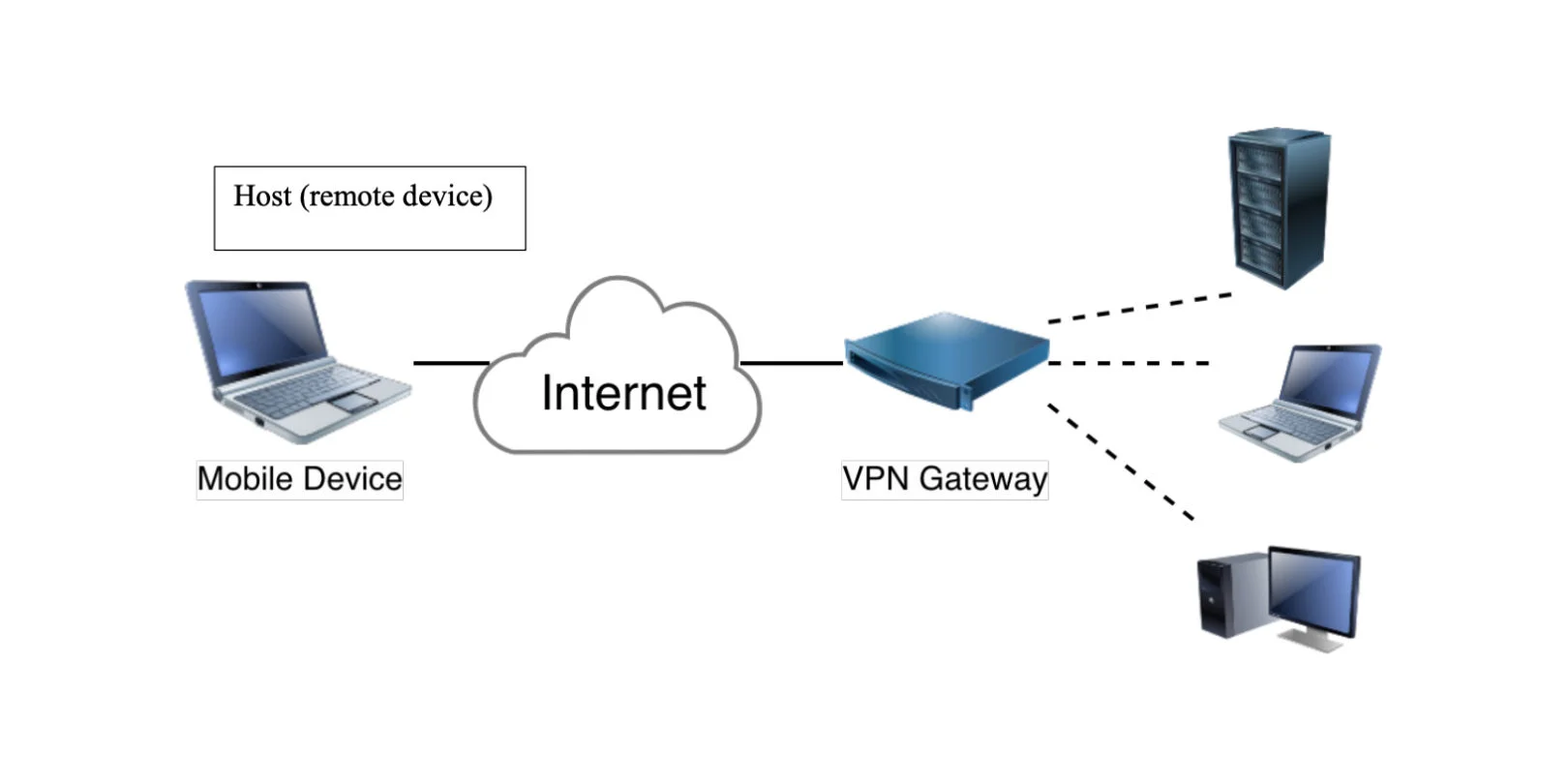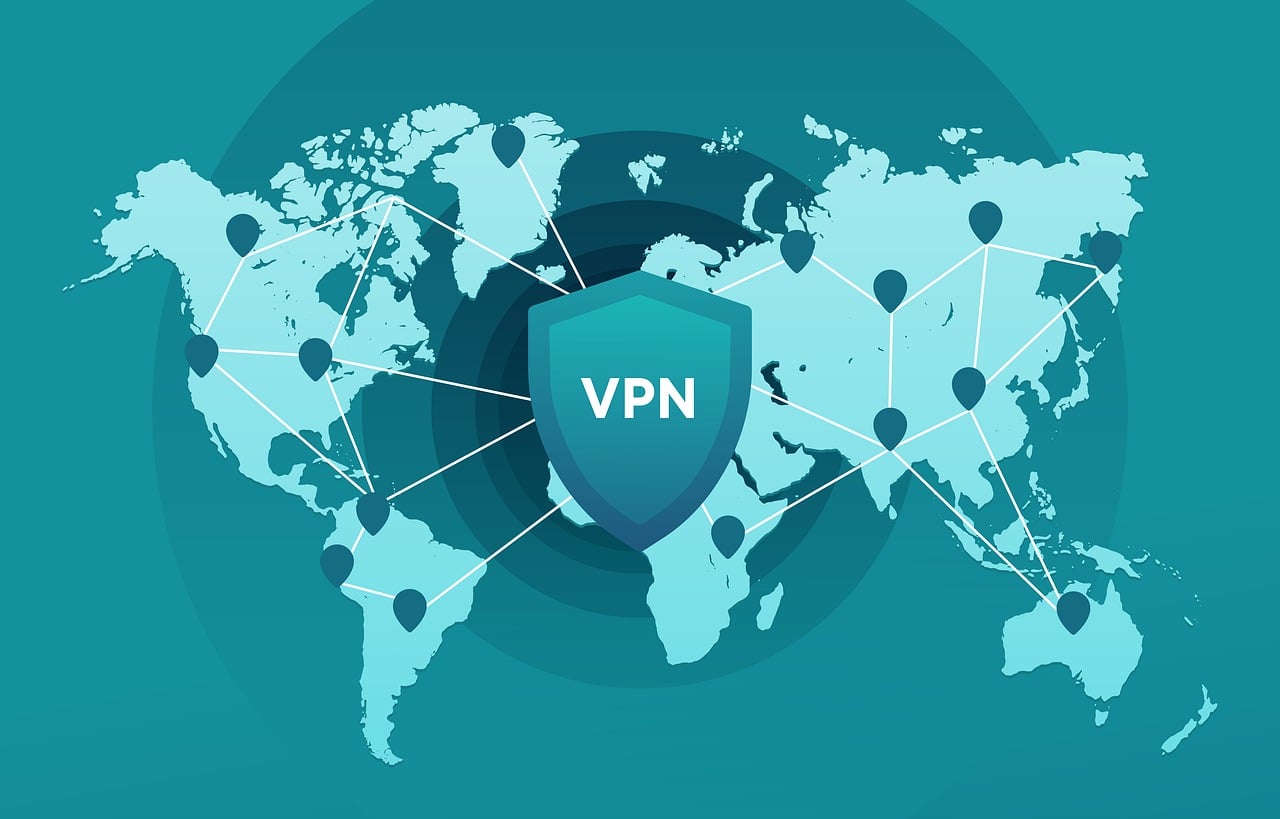VPN stands for Virtual Private Network. As the name suggests, a VPN creates a kind of private network just for you – a connection between whatever device you’re using and a remote computer (known as a VPN server).
Originally used by businesses to help remote workers privately access company networks while maintaining security, VPNs are now widely used by the masses around the world as an online security tool and much more.
Every time you go online, your device—whether it’s a computer, laptop, smartphone, game console, or something else—is constantly sending requests and getting information back. For example, your browser can query Twitter or Facebook for a specific account and then retrieve the latest page.
Some of this data may be visible to your Internet Service Provider (ISP), and if you are using a public Wi-Fi hotspot or even Wi-Fi that you do not own, it may also be intercepted by the hotspot operator or a hacker nearby.
The website you visit can also learn a lot more about you, including your approximate location, online activity, and even your personal details.
Use a VPN, and the device will connect directly to a server owned by the VPN provider and then travel to its real destination. The connection is encrypted, making it unreadable and ensuring that even the most sophisticated hackers will now be unable to see what you’re doing online.
Websites see requests coming from the VPN server, not your own location, making it harder for sites or advertisers to track what you’re doing.
Bypassing web censorship
Sometimes the network blocks access to certain sites, for example, your school may block YouTube. Connect to a VPN, and the network will no longer be able to see the sites you visit. This means it won’t be able to block them either, and you’ll be able to browse the web as normal.
Likewise, visit a country with a censored content, and you may find that social media, international sites, and other areas of the Internet are inaccessible. But then again, connecting to a VPN means that censorship systems can’t see or block the sites you visit, and you can access whatever content you want.
Bypass geoblocking
Streaming sites often restrict access to content for viewers in certain countries, a strategy known as geo-blocking. For example, if a show is only on US Netflix, you won’t be able to watch it in the UK. Connect to your VPN’s server in New York, and Netflix can think you’ve moved and let you stream whatever US-specific content you want.
The same goes for live broadcasts. If there is a sporting event on TV in your home country, but you find yourself on holiday abroad, there is a 99% chance that the broadcaster will block the coverage. Using a VPN to make your laptop, tablet, phone, or TV streaming device think they’re back in your country. This should allow you to watch as usual.
Traveling
Using a VPN to get to a new virtual country can be financially rewarding. Prices for flights, hotel rooms, and all kinds of web services can vary greatly around the world. So if you happen to be in another country, you can get a much better deal.
Anonymity
Simply connecting to a VPN instantly makes you more anonymous online, helps hide your identity from websites and advertisers, and makes it less likely that someone will track your online activity.


